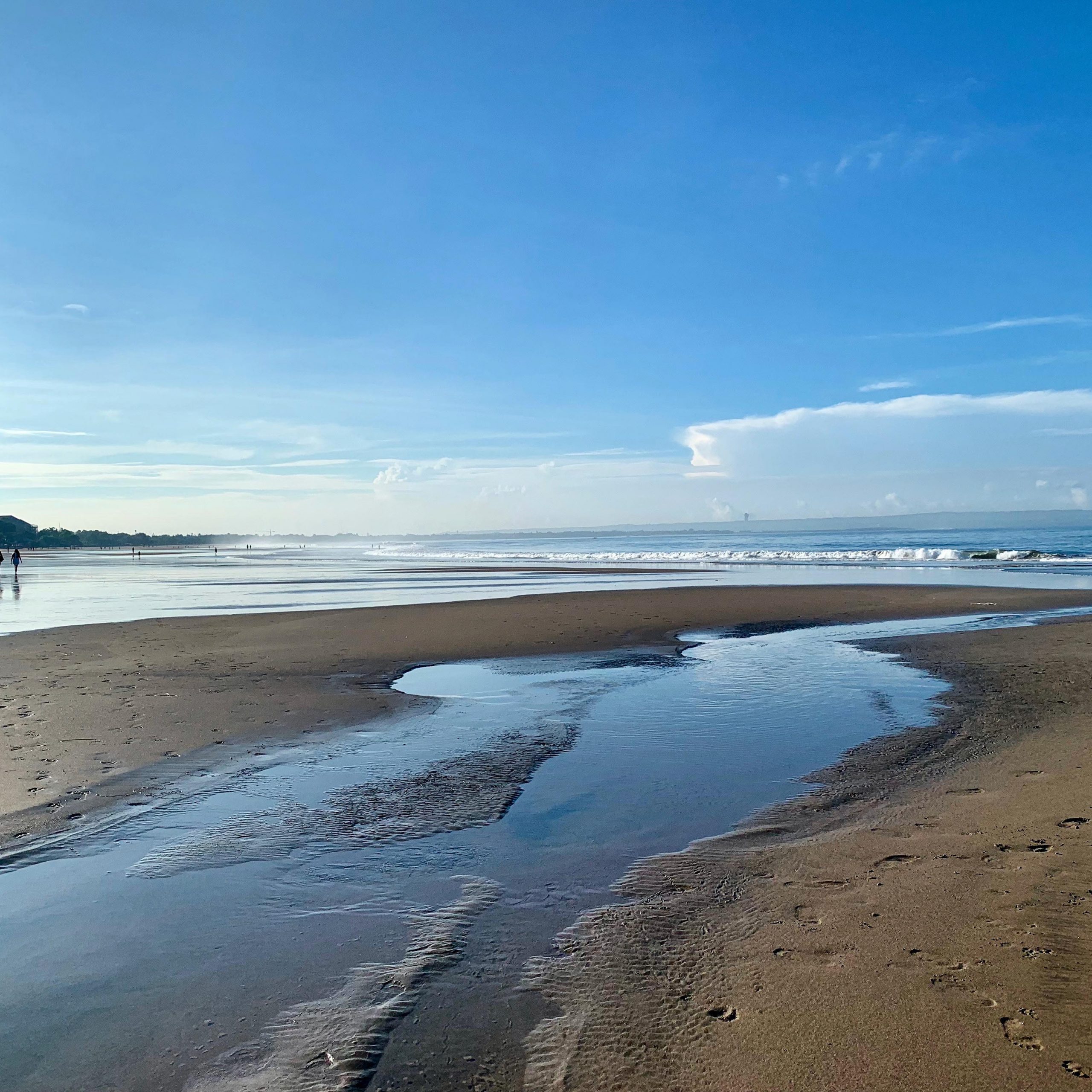Book review – Blood & Silk: Power & Conflict in Modern Southeast Asia offers a bleak prognosis for region’s future
Author Michael Vatikiotis’ love of the region shines through in his examination of its leaders and long-oppressed people, but he is unsure whether those in power are able to take the necessary steps to prevent further spilling of blood.
PUBLISHED : Monday, 04 September, 2017,
In 1993, American journalist Stan Sesser wrote a book about Southeast Asia titled The Lands of Charm and Cruelty. He revealed what makes the region attractive to travellers and journalists (hence the charm), as well as the deep, unresolved conflicts within, many of which are exceptionally brutal (hence the cruelty).
Southeast Asia is breathtakingly beautiful, its people are smiling, hospitable and energetic, and its culture rich. But it also conceals stories of unparalleled violence, and its political structures have remained stunted, preventing the region’s creativity from blooming.
This incongruence is not outwardly visible. You have to peel back the layers and see beyond the shadow puppetry to get closer to the truth.
Michael Vatikiotis, my former colleague at the Far Eastern Economic Review (who would later become its editor), is uniquely qualified to make sense of that complex region. He first went to Southeast Asia as a student, then became a journalist, and is now a senior official at an organisation that brings together conflicting parties to build peace.
Vatikiotis offers a lucid portrait of this fascinating region by bringing together a student’s sense of wonder and curiosity, a journalist’s scepticism and diligence in making sense of the reality, and a peacemaker’s compassion for the vulnerable. Fluent in Thai and Bahasa Indonesia, Vatikiotis has lived in Bangkok, Jakarta, Kuala Lumpur and Singapore, and has developed a profound understanding of Southeast Asia. He knows the region’s political and business elite and has formed deep bonds with people from all walks of life.
In Blood & Silk – his account of his decades of fascination with the region – his love and commitment to Southeast Asia shine through. It offers important insights about what makes these lands of charm and cruelty what they are, and raises serious questions about what lies ahead.
Vatikiotis has decided to write what is often deliberately left unsaid in a region where public discourse shuns conflict, where “face” is important, and where aphorisms are expressed to say what cannot be spoken directly.
A Cambodian proverb helps him explain the cycles of violence: when the water is high, the fish eat the ants; when the water is low, the ants eat the fish. He also cites another metaphor used in Southeast Asia (and elsewhere) about the pragmatism of the common folk: when elephants fight, stay out of the long grass.
The book is timely. Three tectonic political shifts are changing the way politics and business have functioned in Southeast Asia. The rise of China has brought fresh investment to the region and forced other countries to reconsider the balance of power. The waning American interest in the region raises concerns about security as well as trade: Southeast Asian nations have thrived in the past because of the US security umbrella and open American markets for their exports. And the growth of militant Islam troubles not only Indonesia, the Philippines and Thailand, but can cause repercussions beyond.
Persisting inequality has kept many of the region’s inhabitants poor, and Vatikiotis fears some of the dispossessed may fall prey to demagoguery. The coexistence of extreme wealth and dire poverty, he notes, is not sustainable. When times turn sour, it can give rise to divisive identity politics. Vatikiotis points out the hounding of former Jakarta governor Basuki Tjahaha Purnama, also known as Ahok, who is Christian and Chinese and now jailed on blasphemy charges; he also highlights Buddhist intolerance, most visible in the persecution of the Rohingyas in Myanmar.
The institution the region relies on – the Association of Southeast Asian Nations (Asean) – has just turned 50. It is a remarkably durable institution. Formed to bring together non-communist Asian states during the Vietnam war, it found a fresh raison d’être during the Cambodian crisis and has grown to include a country with first world economic indicators (Singapore) and countries clearly in the lower income group (such as Laos and Myanmar).
As Vatikiotis notes, there are governments in Southeast Asia that are run by leaders whose mandate is questioned (Thailand and Malaysia); who are maverick (Philippines); whose writ doesn’t run large and who insists on making all decisions (Myanmar); and who insist on being called “Glorious Supreme Prime Minister and Powerful Commander” (Cambodia).
He astutely points out where power resides in the region and how it is wielded, as well as how those who have power have prevented any reckoning of the violence of the past. He repeatedly returns to unhealed wounds of the massacres of Indonesia, and isn’t sanguine about the impact of violence today in the Philippines
He laments how some leaders who promised economic salvation for all ended up leaving their countries with their own families enriched, citing the examples of Suharto of Indonesia, Mahathir Mohamad of Malaysia, and Thaksin Shinawatra of Thailand.
Can the region’s long-oppressed people rise against the powerful? Vatikiotis recognises the weakness of human rights institutions in the region, but nonetheless sees hope in civil society: “The slow response of government to grievances and use of divide-and-rule tactics to undermine opposition will force communities and groups to look after themselves and defy the powerful centre,” he writes.
Vatikiotis’ prognosis is bleak. The entities he would like to counter extremism or violence are not strong enough, and foreign interest in the region is declining. For the land to retain its charm and remain draped in silk, its leaders will have to take steps to prevent further spilling of blood and account for past cruelties. It is not an easy task, but Vatikiotis is right to ask.
http://www.scmp.com/culture/books/article/2109603/book-review-blood-and-silk-power-and-conflict-modern-southeast-asia
